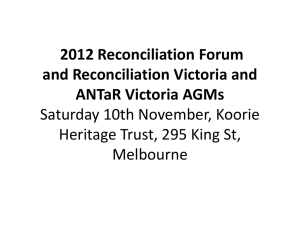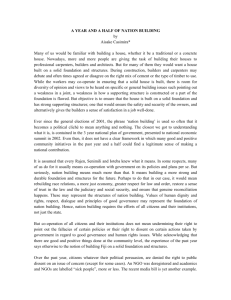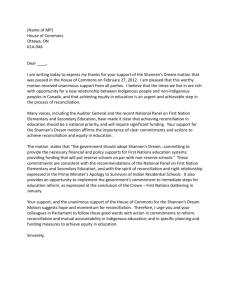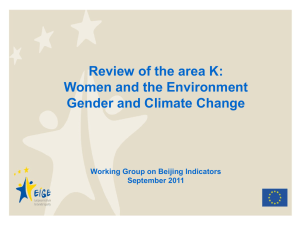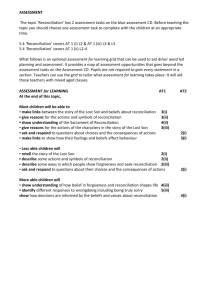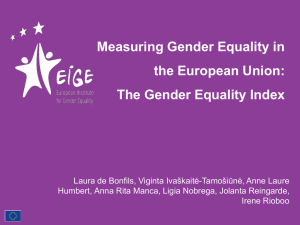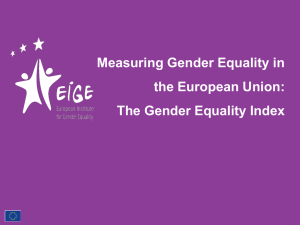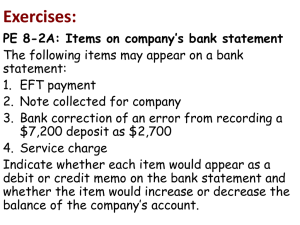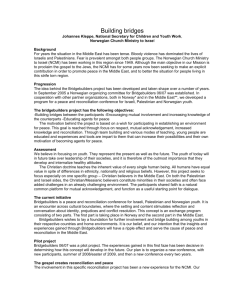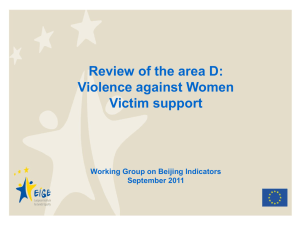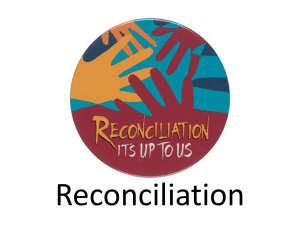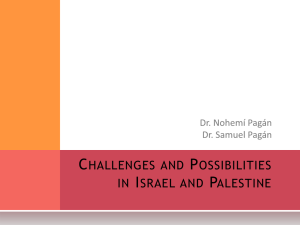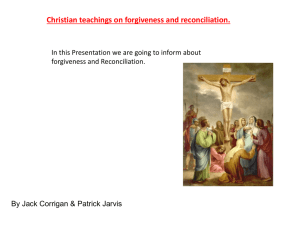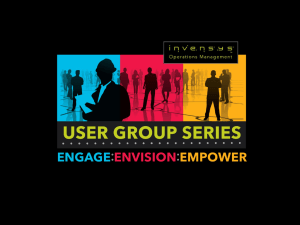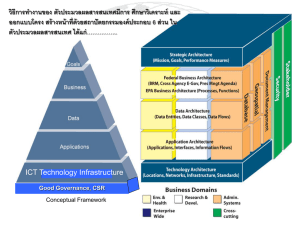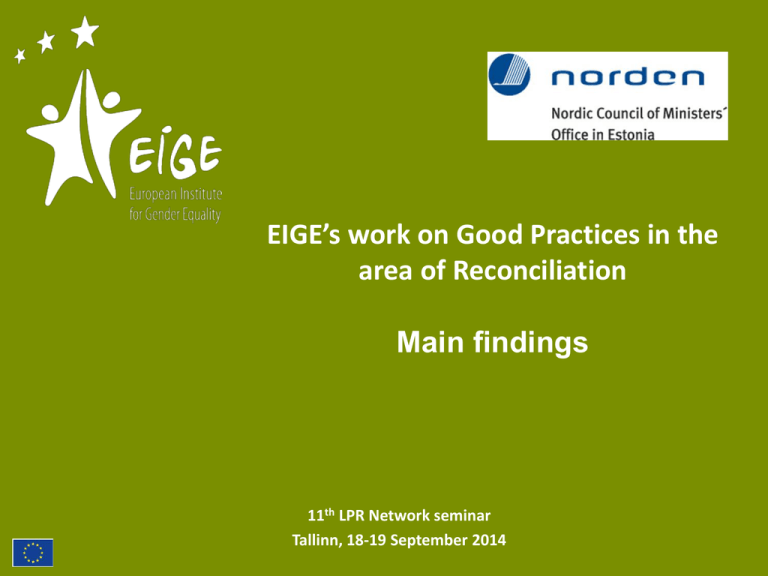
EIGE’s work on Good Practices in the
area of Reconciliation
Main findings
11th LPR Network seminar
Tallinn, 18-19 September 2014
ACHIEVEMENTS
1.
12 good practices
2.
Policy review (EU and national)
3.
Methodological approach to identify and assess good practices on
reconciliation
4.
Focus on benchmarking, awareness-raising and self-regulation
5.
Literature review
6.
3 Factsheets on policies, good practices and positive flexibility
MAIN CHALLENGES AND GAPS
1.
2.
3.
4.
5.
6.
7.
8.
Advancing the availability, affordability and quality of child care and other care
services/facilities
Designing policies and strategies to challenge traditional gender stereotypes
Involving men in care and other unpaid work, with scope for improving EU
regulations governing paternity leave and in extending the rights of fathers.
Ensuring that the economic crisis does not compromise the progress made in
women’s participation in the labour market, the trend towards the dual-earner
model and of men’s involvement in family/care responsibilities.
Increasing awareness and implementation of reconciliation measures in national
and EU policy levels.
Ensuring that flexible working arrangement generate positive outcomes in terms of
reconciliation and gender equality
Increasing the involvement of all relevant stakeholders in the implementation of
reconciliation policies.
Encouraging the dissemination of good practices on reconciliation across different
national contexts
KEY FEATURES TO MOVE FORWARD
1.
The relevance of social partners and multiple stakeholders;
2.
The importance of promoting public and private networking;
3.
The importance of involving and targeting SMEs in reconciliation projects.
4.
The need to improve the availability of public resources and to build self-financing
wherever possible.
5.
The need to invest in well-targeted awareness-raising initiatives.
6.
7.
The need to improve monitoring and evaluation;
The importance of carrying out researches and study and collect sex disaggregated
data, as baseline information for policies.
8.
The relevance of learning from good experiences and transferring practices to
change working culture.
9.
The importance of investing in training, counselling and coaching to strengthen the
potential for change in traditional assumptions, attitudes and behaviours.
10.
The need to target men in all reconciliation projects and initiatives, as part of a
strategic orientation towards gender equality.
Self-regulation
Parental leave company workshops
Austria
Project More
Germany
24-hour Service Childcare
Denmark
Halcom Family-friendly Enterprise
Slovenia
Awareness-raising
Four Walls, Four Hands”, Campaign
Austria
Managing Reconciliation of Work and Family
Germany
A Hug from Daddy
Denmark
Sharing Work-life Responsibilities (NISTA)
Malta
Occupation Dad – I like it
Poland
Benchmarking
Family/Employee-Friendly Company Competition
Estonia
Family Audit Certification
Italy
Equality Mark
Malta
Think Act Report
UK
http://eige.europa.eu/content/activities/gender-mainstreaming-methods-andtools
http://eige.europa.eu/good-practices
Thanks
Contacts
Maurizio Mosca – EIGE’s work on Good Practices
Maurizio.Mosca@eige.europa.eu

